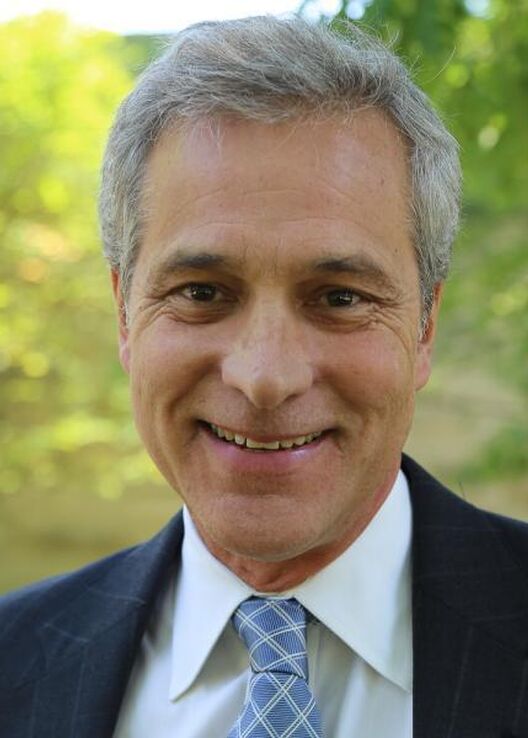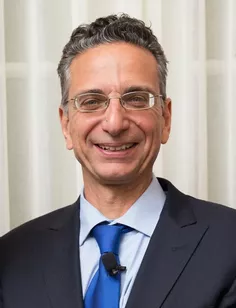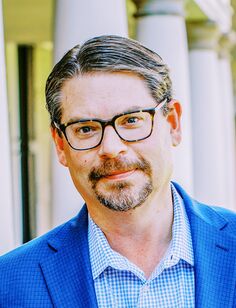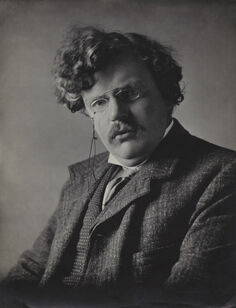Bioethics briefing: The technologies and developments that affect who we are as persons and how to promote human flourishing
Transhumanism, gene editing, synthetic embryos. How should we think about such things? Science, medicine, and biotechnology today enable us to cure more disease, and live longer, more productive lives than ever before. But at what cost? Should we do everything that we are able to do? What values should be reflected in public policy?
As we face the medical possibilities that are emerging, we are entering uncharted territory affecting the very basis of our humanity. Science is rapidly moving forward and many want few restrictions placed on where it might take us. The “right” questions must be asked, discussed and answered to provide a framework for the moral reasoning necessary to provide ethical answers.
This is not the time to withdraw from the public forum because of the complexity of the issues, but to participate in robust, thoughtful discussions.
William B. Hurlbut, MD, is Adjunct Professor and Senior Research Scholar in Neurobiology at the Stanford Medical School. After receiving his undergraduate and medical training at Stanford University, he completed postdoctoral studies in theology and medical ethics.
His primary areas of interest involve the ethical issues associated with advancing biomedical technology, the biological basis of moral awareness, and studies in the integration of theology with the philosophy of biology. Dr. Hurlbut has testified to the National Academy of Sciences Embryonic Stem Cell Research Guidelines Committee and the Senate Appropriations Committee's Subcommittee on Labor, Health and Human Services and Education. From 2002-2009 Dr. Hurlbut served on the President’s Council on Bioethics.
Dr. Hurlbut is currently working on The Boundaries of Humanity Project at Stanford that seeks to increase public awareness and discussion of advances in biotechnology together with encouraging thoughtful consideration of the ethical issues and wise guidance and governance in human populations. It is driven by these central questions: What is it to be human? What promotes the fullest flourishing of our human nature? What role will our ideas, perspectives, and technological powers play as we go forward into our human future?



